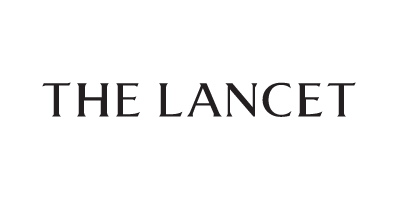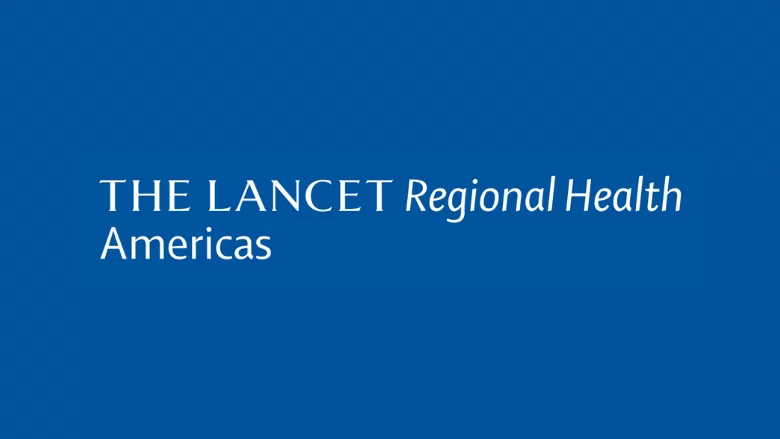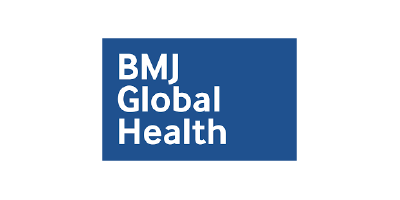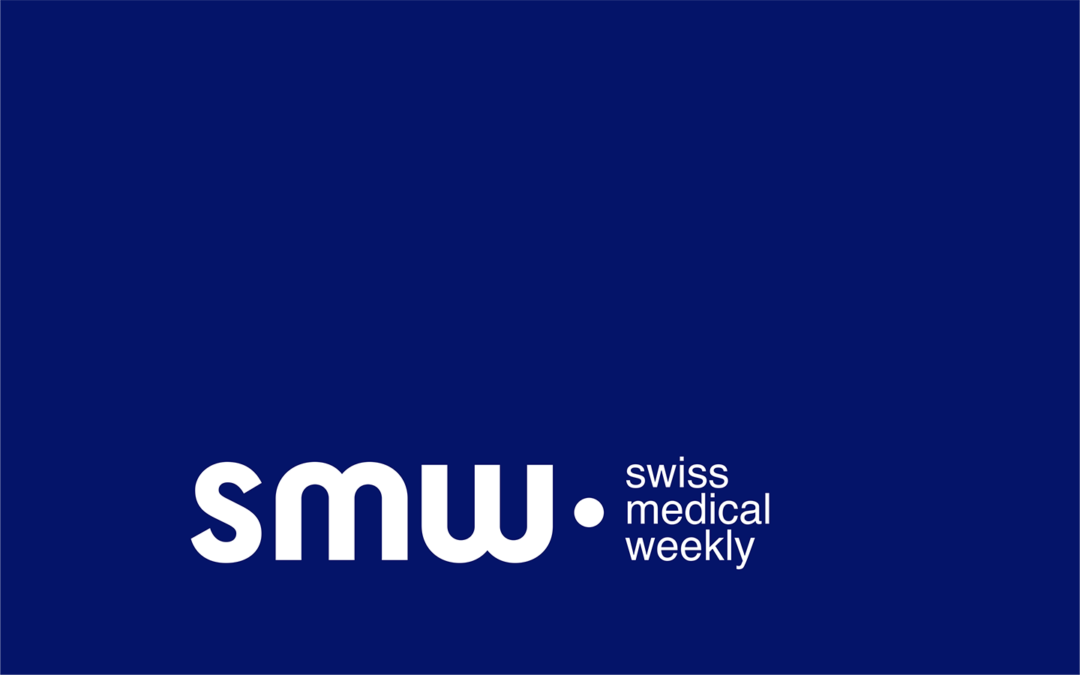
by admin | Apr 15, 2025 | Publications
Elise M Garton, Gavin Allman, Hyo Sook Bae, Kalina Duncan, Ibithal Fadhil, Nazik Hammad, Shirin Heidari, Meritxell Mallafré-Larrosa, Jennifer Moodley, Rachel Nugent, Isabelle Soerjomataram, Carolyn D Taylor, Karla Unger-Saldaña, Verna Vanderpuye, Ophira Ginsburg.
The Lancet – April 15, 2025
The Lancet Commission on women, power, and cancer,1 hereafter referred to as the Commission, was created to address urgent questions at the intersection of social inequality, cancer risk and outcomes, and the status of women in society. Cancer is an increasingly important public health threat and economic challenge to all people worldwide, but has a disproportionate impact on the lives and livelihoods of women, which creates downstream impacts for society. The Commission applied an intersectional feminist lens2 to inform a nuanced, evidence-based, gendered approach to cancer risk and cancer control in response to this threat. The Commission report was published in September, 2023, with ten key findings and corresponding priority recommendations directed at a broad range of stakeholder communities: international organisations, national and subnational governments, researchers and research funders, civil society, and the private sector.1 To increase the likelihood that the recommendations set out in the Commission will be adopted and operationalised by multiple stakeholders, and to support the uptake of these recommendations, the authors proposed a framework and set of key performance indicators to guide implementation and to increase engagement of the global community at the nexus of gender, power, and cancer.
Continue reading

by admin | Apr 9, 2025 | Publications
Mathias Wullum Nielsen, Elena Gissi, Shirin Heidari, Richard Horton, Kari C. Nadeau, Dorothy Ngila, Safiya Umoja Noble, Hee Young Paik, Girmaw Abebe Tadesse, Eddy Y. Zeng, James Zou, Londa Schiebinger
Nature – April 9, 2025
Intersectionality describes interdependent systems of inequality related to sex, gender, race, age, class and other socio-political dimensions. By focusing on the compounded effects of social categories, intersectional analysis can enhance the accuracy and experimental efficiency of science. Here we extend intersectional approaches that were predominantly developed in the humanities, social sciences and public health to the fields of natural science and technology, where this type of analysis is less established. Informed by diverse global and disciplinary examples—from enhancing facial recognition for diverse user bases to mitigating the disproportionate impact of climate change on marginalized populations—we extract methods to demonstrate how quantitative intersectional analysis functions throughout the research process, from strategic considerations for establishing research priorities to formulating research questions, collecting and analysing data and interpreting results. Our goal is to offer a set of guidelines for researchers, peer-reviewed journals and funding agencies that facilitate systematic integration of intersectional analysis into relevant domains of science and technology. Precision in research best guides effective social and environmental policy aimed at achieving global equity and sustainability.
Continue reading

by admin | Jan 26, 2025 | Publications
Trenell J. Mosley, Rachel A. Zajdel, Ethel Alderet, Janine A. Clayton, Shirin Heidari, Eliseo J. Pérez-Stable, Karen Salt, Marie A. Bernard
The Lancet – January, 2025
Enhancing diversity, equity, and inclusion (DEI) in the scientific and healthcare workforces∗ promotes research innovation and equitable access to quality healthcare. Efforts to advance DEI within the global scientific and healthcare workforces have assumed a new urgency given the strain caused by the COVID-19 pandemic, the aging of the global population, and the persistent shortages in the healthcare workforce, particularly in low- and middle-income countries. Yet, these fields continue to struggle to promote DEI. Considering the impact of intersectionality—how multiple identities interact to create unique experiences of privilege and power—within these workforces will enhance efforts to promote DEI. This series explores the impact of intersectionality on scientific and healthcare workforce DEI and how prominent institutional and structural factors (e.g., sexism and racism), as well as their interpersonal manifestations, can create barriers for workers with multiple intersecting marginalised identities. This paper, the first in a three-part series, describes how intersecting identities interact with workplace inequities and suggests ways to incorporate intersectionality into DEI efforts within the scientific and healthcare workforces.
Continue reading

by admin | Jan 19, 2025 | Publications
McKinzie Gales, Emelie Love Yonally Phillips, Leah Zilversmit Pao, Christine Dubray, Clara Rodriguez Ribas Elizalde, Shirin Heidari, Marie-Amelie Degail, Marie Meudec, M Ruby Siddiqui, Simone E Carter.
BMJ Global Health – January 19, 2025
Understanding sex and gender differences during outbreaks is critical to delivering an effective response. Although recommendations and minimum requirements exist, the incorporation of sex-disaggregated data and gender analysis into outbreak analytics and response for informed decision-making remains infrequent. A scoping review was conducted to provide an overview of the extent of sex-disaggregated data and gender analysis in outbreak response within low- and middle-income countries (LMICs).
Continue reading

by admin | Dec 9, 2024 | Publications
Gayet-Ageron A, Clair C, Schwarz J, Heidari S, Bovet E, Bize R, Stute P, Nadal D, Magnin A, Kalberer N, Michaud P-A.
Swiss Medical Weekly – December 9, 2024
Research ethics committees play a critical role in ensuring compliance with Swiss law on research involving human subjects, which prohibits discrimination and mandates the fair inclusion of participants. Recent amendments to Swiss regulations emphasise the importance of including diverse groups representative of the target population in terms of sex and age, with any exclusions requiring clear justification. Globally, representativeness and diversity in research remain challenges, despite guidelines like the SAGER guidelines, which aim to embed sex and gender considerations into research design and reporting. In response, swissethics established a working group in 2023 to develop the “SAGER-swissethics recommendations,” promoting the integration of these dimensions in Swiss health research. This paper highlights the ethical and scientific importance of addressing sex and gender in research.
Continue reading

by admin | Sep 14, 2024 | Publications
Shirin Heidari
The Lancet – September 14, 2024
Despite the growing rhetoric around women’s health, the increasing recognition of gender bias in health research and data, and the seeming rallying behind gender equality, why does progress towards gender equality and equity in health remain so slow, fragmented, and fragile? This question is at the heart of Sophie Harman’s Sick of It: The Global Fight for Women’s Health.
Harman presents many real-life examples to illustrate how women’s health is exploited “as a means of attaining and sustaining power in the world”. She challenges this “sick politics” and examines “how using and abusing women’s health for political ends works and how it stops us making real strides in women’s health”. Notably, she proposes steps for driving change through solidarity politics.
Continue reading





